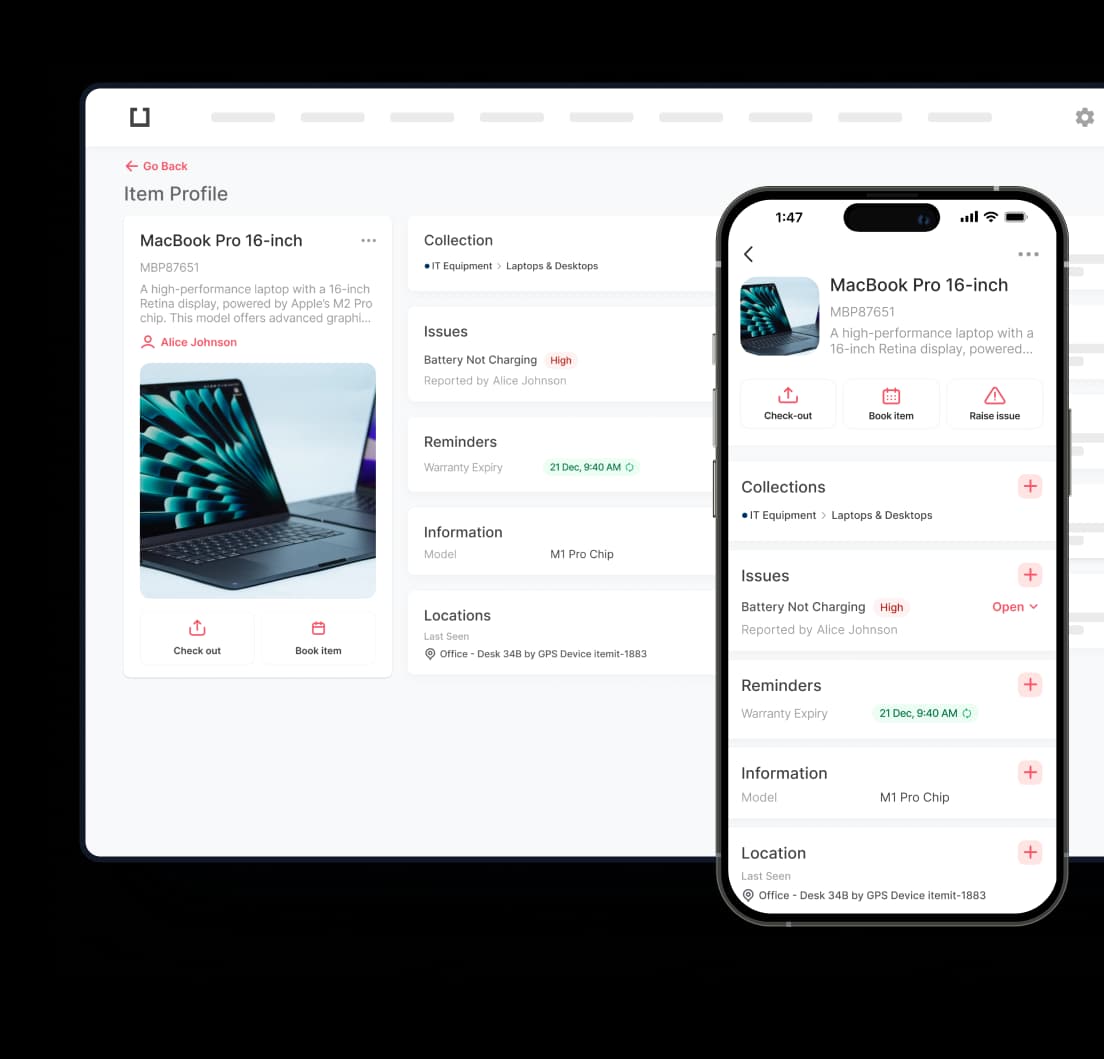You’ve built your business from the ground up. As a solopreneur, you wear all the hats, juggling marketing strategies and sales, while managing everything else in between.
Yet, as your venture grows, you’re probably finding it harder to give every single aspect the same attention it deserves.
That’s where outsourcing comes in. When done strategically, it can mean the difference between a thriving, profitable business, and a total disaster.
So, free up time, and focus on the parts of your business you love, with these five outsourcing tips.

www.unsplash.com
#1 Take Advantage of Online Tools
You’ve decided to outsource, but now what?
First, you’ll need to have the right systems to manage this new element of operations effectively.
Consider how you’ll keep tabs on your to-be-acquired team, how effectively they can work, and how they’ll get paid.
With asset tracking software, you’ll be able to share and complete a register of your freelancers’ necessary equipment. Remote working is a lot simpler when you know that people have the tools and remote permissions they need to work.
For example, logging software that you’re sharing with your freelancers is essential to ensure that everyone can log onto the systems that they need to and use them effectively. Knowing that your freelancers can work efficiently and effectively is a lot simpler when you have a view of what they do and don’t have access to, and any problems can be fixed quickly and with ease.
What is a HRMS? - Human Resources Management System (HRMS)? Many solopreneurs and larger businesses use an online HR management system to keep payroll processes streamlined and simple. If you prefer starting small, that’s okay, too, because there are virtually hundreds of affordable and sometimes free, online solutions.
You can find anything from time tracking software and project management platforms, to communication apps and accounting tools.
#2 Identify Key Areas with the 4 “Rs”
Before you can outsource tasks, you’ll have to identify which areas need delegating. A simple exercise using the following 4 Rs will help you accomplish this.
Repetition
These are usually menial tasks that take up a lot of time but are crucial components. Regular things like sending out newsletters, updates, and invoicing typically make this list.
Reactive
Triggered by someone else, tasks under this category include answering emails or responding to social media queries.
Research
Industry analysis, information gathering, and comparing market trends are all tasks that fall under research. These are usually time-consuming and sometimes require expert insight.
Reluctance
Things you don’t particularly enjoy doing, that you might find yourself putting off. It can be anything like writing, website design, or social media marketing.

www.pixabay.com
#3 Narrow Down Niches
Now it’s time to narrow down niches into more definitive tasks. This will help you figure out whose right for the job and what it entails.
Here’s a list of the most common key areas.
Content Marketing
The digitization of business has brought about fierce online competition. If you don’t know enough about content marketing, then the chances are that your brand isn’t getting the exposure it needs.
While there are countless online resources, and it’s by no means impossible to do it yourself, it might be wise to consider bringing an expert on board.
Website Design & Development
Similarly, having a basic website with a homepage and a check out option just isn’t cutting it anymore. Your website needs to convey professionalism to establish and enhance your online presence. It also needs to show potential customers why they should buy what you’re selling.
An outsourced specialist will help you achieve this with a beautiful design, appealing features, and an optimized site that supports multiple devices.
Bookkeeping & Accounting
Once again, while there are plenty of online tools to help you keep track of your books, a rookie mistake can have devastating consequences. Trying to keep a pristine record of every dollar, expense, invoice, or tax, all while running your business, isn’t the easiest thing to do.
An outsourced professional will ensure that your taxes are filed on time, your accounting is in order, and may even assist in financial planning.

www.pixabay.com
#4 Determine Priorities
Once you know precisely what duties to outsource, rank them in order from lowest to highest priority. This will give you a better indication of which task to outsource first.
Your affordability, time, and business needs all play a role. Think about what’s most important right now, and how outsourcing a specific responsibility will benefit your business. The fantastic thing about outsourcing is that there’s no limit to what you can or can’t delegate.
As your venture continues to expand, you’ll be able to adjust your outsourcing needs accordingly.
#5 Stick to Your Budget
As a solopreneur, you’re probably well-versed in sticking to budgets already. However, when it comes to outsourcing, the market can be volatile. That’s why it’s crucial to have a set budget in mind beforehand.
You’ll often find platforms like Upwork or Fiverr have freelancers offering the same service for a meagre price, to an extremely high one. Naturally, you’ll want value for your money. Shop around to ensure you’re getting quality service, but stay within your budget.
www.unsplash.com
Outsource Like a Boss
Strategic outsourcing is vital to ensuring continued business growth. It’ll give you time to do what you love, while all the other aspects are taken care of. Using online tools, you’ll be able to create a robust framework for project management and tracking beforehand.
You can then identify key areas and narrow down niches to define a set of tasks. Determine their priority, but stick to your budget, and you’ll be outsourcing like a boss in no time.





